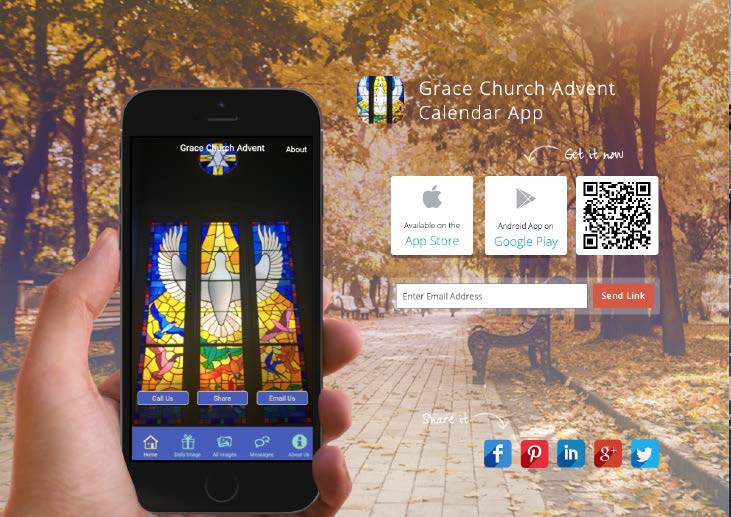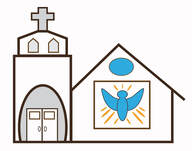Welcome to Grace Church!
A message from our Bishop-Elect,
The Reverend Julia E. Whitworth
The Reverend Julia E. Whitworth
sunday morning service
You are invited to join us in person at 8:00am on Sunday, or in person or online at 10:00am for our Sunday service or click on the link to the bulletin and say the service at a time convenient with your schedule.
Lord, in all times of fear and dread,
grant that we may so cast our burdens upon you,
that you may bear us on the holy wings of the Spirit
to the stronghold of your peace;
through Jesus Christ our Lord.
Church of England Daily Prayer App, Morning Prayer, March 20, 2024
grant that we may so cast our burdens upon you,
that you may bear us on the holy wings of the Spirit
to the stronghold of your peace;
through Jesus Christ our Lord.
Church of England Daily Prayer App, Morning Prayer, March 20, 2024
Check out our construction video below! We've done a lot of work on the Church to make ourselves sustainable. We converted to solar energy, installed heat pumps, repaired and restored the exterior walls of our Church and Bell Tower, upgraded our electrical service, all so that we would have a sound space in order to ensure we can continue to serve our community. The last piece is installing a lift to make us fully ADA compliant.
We welcome all who would like to experience
Grace Church as a living faith community.
Based on our core values, expressed in our baptismal Covenant, “to seek and serve Christ in all persons, loving our neighbor as our selves” and “to strive for justice and peace among all peoples, respecting the dignity of every human being”, Grace Church is to serve residents and visitors of Martha’s Vineyard in a way that is nourishing in worship and spirituality, ample in food and social programs, integral to Martha’s Vineyard, with a perspective and a voice in the world.
We invite you to join us for any and all of our programs, events, and services.
Thank you for visiting our website, and God bless you.
The Reverend Stephen Harding, Rector
For the Congregation, Wardens, and Vestry of Grace Church
Grace Church as a living faith community.
Based on our core values, expressed in our baptismal Covenant, “to seek and serve Christ in all persons, loving our neighbor as our selves” and “to strive for justice and peace among all peoples, respecting the dignity of every human being”, Grace Church is to serve residents and visitors of Martha’s Vineyard in a way that is nourishing in worship and spirituality, ample in food and social programs, integral to Martha’s Vineyard, with a perspective and a voice in the world.
We invite you to join us for any and all of our programs, events, and services.
Thank you for visiting our website, and God bless you.
The Reverend Stephen Harding, Rector
For the Congregation, Wardens, and Vestry of Grace Church
Download our App!
Our office hours are 9:00am - 3:00pm, Monday through Thursday.
Messages on our office phone will be checked regularly.
For further information or to learn more about the Parish,
please call the office at 508-693-0332; or click below to email us.
Follow us on Facebook: Grace Church MV AND Grace Church Lobster Rolls
Follow us on Instagram: gracechurchmarthasvineyard
Follow us on Instagram: gracechurchmarthasvineyard
|
Grace Church is located on the corner of Woodlawn and William Street in Vineyard Haven. Parking is located along both streets and behind the rectory on Franklin Street. Handicapped parking space is at the (Woodlawn Avenue) side entrance.
|
|
|
|
Click here to contact us by email: www.graceepiscopalmv.org/email-us.html




